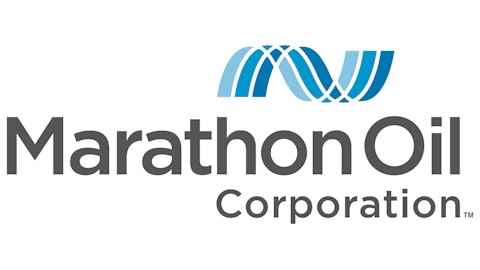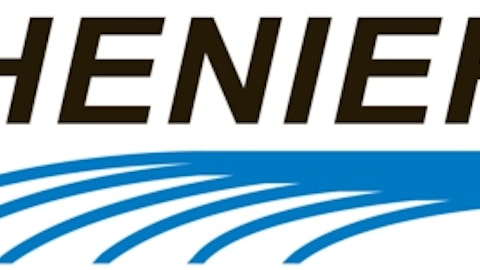Although Chesapeake Energy Corporation (NYSE:CHK) has endured a rough two-year period that has seen its shares under-perform the broader market by a significant margin, the company is widely regarded as one of the mid-continent’s stronger natural gas players. Its relative strength has certainly endeared it to activist investor Carl Icahn: The stock maven’s Icahn Enterprises LP (NASDAQ:IEP) now owns about 10 percent of Chesapeake Energy Corporation (NYSE:CHK)’s total share float and does not seem to be opposed to adding to its holdings.
Since substantially increasing his stake in Chesapeake in 2012, Icahn has had a major influence on the decisions of the company’s board. Among other things, it appears that he had a hand in orchestrating the early-April departure of Chesapeake’s CEO. In the process, Chesapeake has secured some high-profile analyst upgrades and looks to be repairing much of the technical damage that has been done to its stock price. Going forward, investors who wish to play the natural gas market for a price rebound may wish to take a closer look at Chesapeake.
Chesapeake, Icahn Enterprises and the Competition
While Chesapeake looks like a legitimate investment opportunity and offers a clear pure play on the natural gas market, some investors may prefer the diversified portfolio of Carl Icahn’s firm. As such, a comparison between Chesapeake and two other prominent natural gas drilling firms may be in order. Among all of its competitors, Anadarko Petroleum Corporation (NYSE:APC) and BP plc (ADR) (NYSE:BP) stand out as a solid candidates. After all, all three of these companies enjoy wide-ranging exposure to a number of lucrative mid-continent shale and conventional gas deposits.
Chesapeake Energy Corporation (NYSE:CHK) is smaller than its two competitors. Its market capitalization of $14.3 billion is about one-third the size of Anadarko Petroleum Corporation (NYSE:APC)’s market cap and about 90 percent smaller than BP plc (ADR) (NYSE:BP)’s share value. The company is also less profitable than its larger rivals: In 2012, it reported a loss of about $854 million on revenues of around $13.3 billion. For comparison, Anadarko Petroleum Corporation (NYSE:APC) reported a profit of $689 million on revenues of about $13.7 billion, and BP plc (ADR) (NYSE:BP) took in about $23 billion on revenues of nearly $375 billion. Of course, it is important to remember that BP’s significant downstream presence and global footprint enables it to pull revenue from end users as well as refining companies.
Chesapeake also has a bit of a debt problem. The company has just $33 million in cash and nearly $13.5 billion in long-term debt. Although Anadarko has nearly $15 billion in long-term debt, its cash reserve of $3.7 billion provides adequate balance. Meanwhile, BP has debts of about $46.5 billion on cash reserves of $28.3 billion.
Icahn’s Stake
In late 2012, the news that Icahn Enterprises LP (NASDAQ:IEP) had taken a 9 percent stake in Chesapeake caught many market-watchers off-guard. This is primarily due to the fact that the activist investor had sold out of a previous position in the company after earning a cool $500 million on an asset-sale bet. It appeared that Mr. Icahn had unfinished business with the energy firm’s management team.
Indeed, Icahn Enterprises LP (NASDAQ:IEP)’s latest foray into Chesapeake has already produced a major leadership change. He has also indicated that he lacks faith in the firm’s board and has taken the unusual step of issuing an impassioned, highly personal letter to the company’s rank-and-file shareholders in an effort to win them over to his side. Although it remains to be seen whether this will produce further changes at the company, it suggests that Icahn Enterprises LP (NASDAQ:IEP) is not going to be a passive investor.





